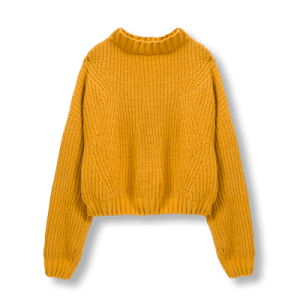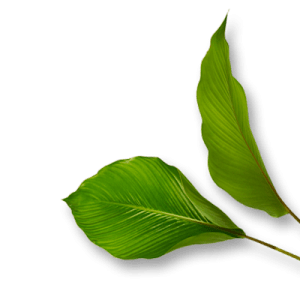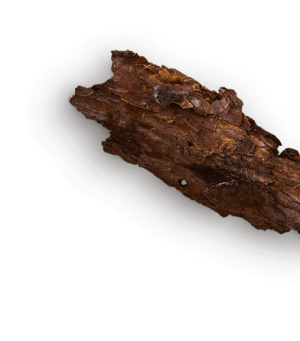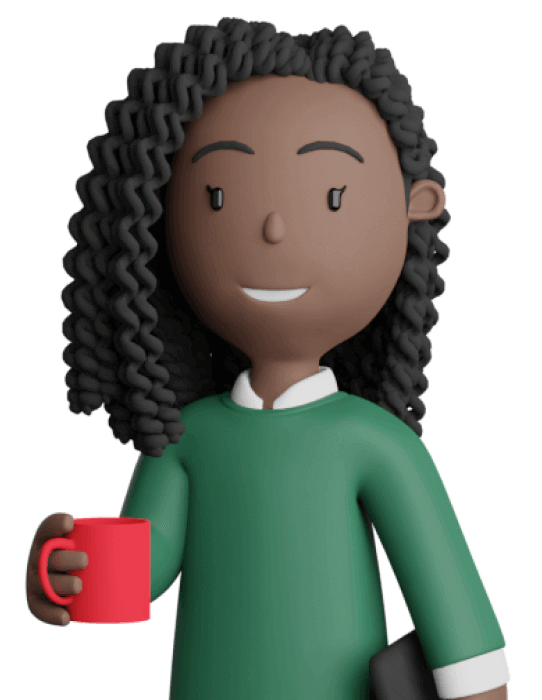Learning about water from traditional teachings
What important ideas from traditional Indigenous teachings can help us live in a better way with water?
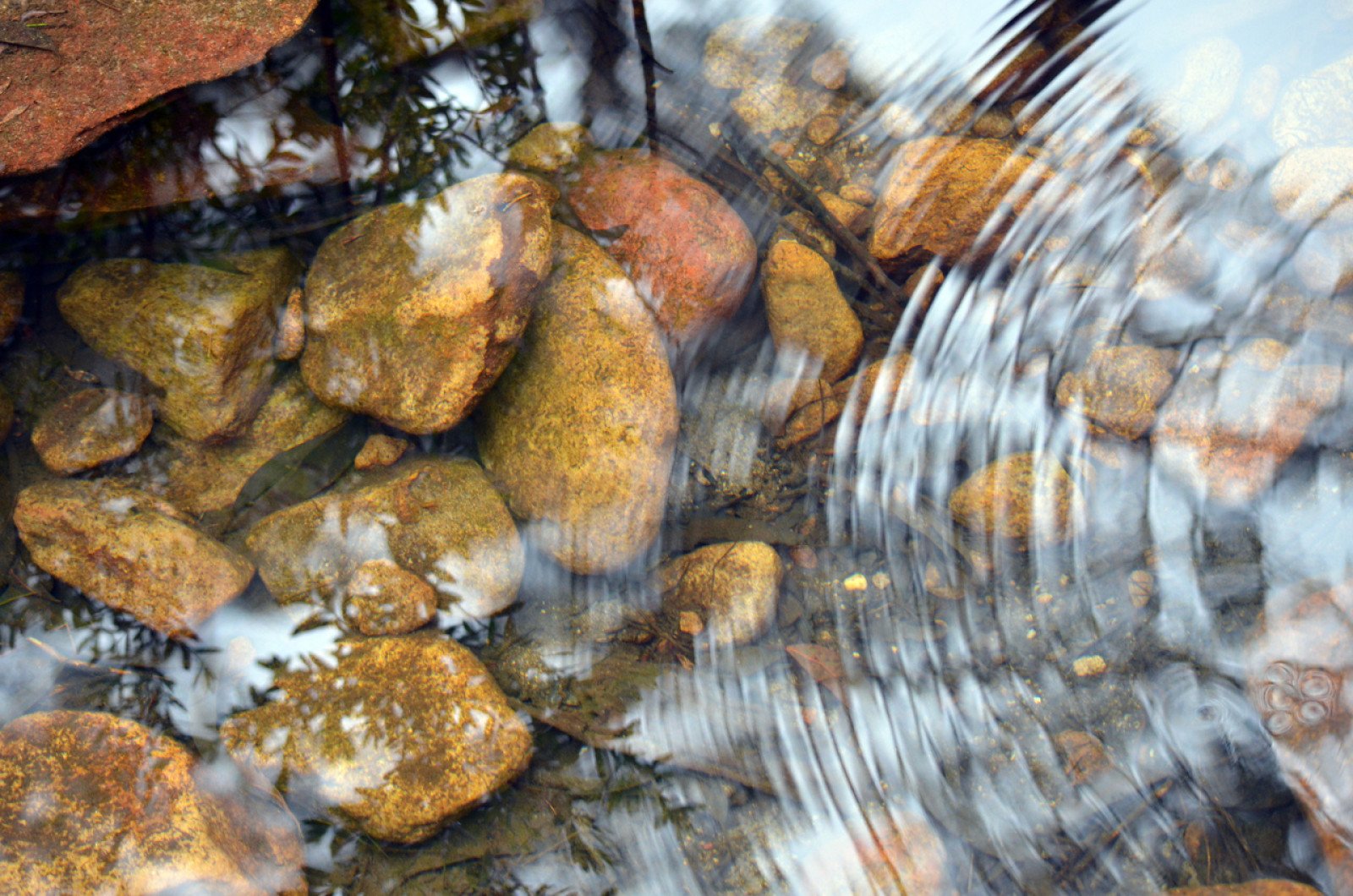
Overview
Using the story The Water Walker or another similar story, students identify three important ideas that we can learn from Indigenous teachings about water. With this information students suggest three actions that can help us live in a better way with water.
Instructions
What you'll need
- "Learning about water from traditional teachings" worksheet
- The Water Walker by Joanne Robertson, physical book preferred but a book reading can be found on Youtube
- Begin the activity by asking your students to think of an important idea that they’ve learned from a book, friend, a parent, and elder, or other source. Encourage students to share their important ideas with the class.
- As students share, co-develop or present the criteria for an important idea. Consider recording the criteria for use later in this activity. An important idea:
- Helps us see things in new and different ways
- Encourages us to change or refine our thinking, behaviours, and actions
- Introduce the challenge of this activity by briefly explaining that Indigenous Peoples’ perspectives on water lead them to live in different ways with water.
- Play the "Honouring water" video as an example of how the Leq'a:mel Nation in British Columbia honours water.
- Provide each student with a copy of the "Learning about water from traditional teachings" worksheet. Ask students to make an initial decision: what can we learn from Indigenous peoples that would help us to live in a better way with water? Encourage your students to jot down their initial thoughts.
- Read The Water Walker or another similar story with your students. As you read, encourage students to look for clues in the pictures, images, and the words about some Indigenous peoples’ views and teachings about water. Ask your students to note their observations on their work sheet.
- Guide students’ attention back their to worksheet and their initial response to the question. What would they change or add to their initial ideas given what they’ve learned about Indigenous views of water in this activity? Remind students to use the criteria for an important idea to help guide their thinking.
- To conclude the activity, invite the students to work with a partner to think of one action they could take to live in a better way with water. Encourage students to use what they’ve learned about traditional teachings to help guide their thinking. Possible important actions include giving thanks and praying for water, respecting the water, taking only what is needed.
Modify or extend this activity
Extensions
- Invite your students to create a visual representation of one of the important actions that we can take to live in a good way with water.
- Develop a social media campaign to share ideas about how we can live in a good way with water.
- Invite students to create a diagram or other visual representation with a caption to communicate one important idea from Indigenous knowledges about water that would be important for other people to know.
Curriculum Fit
Grade 4, 5, 6 Science
Content
- First Peoples knowledge of sustainable practices (Grade 5)
Curricular competency
Processing and analyzing data and information
- Identify First Peoples perspectives and knowledge as sources of information
Assessments
Throughout the activity consider how well students:
- Identify different perspectives about water
- Make accurate observations from text and other sources
- Use evidence to make decisions
- Contribute to group discussions
Teaching Notes
A variety of resources can be used to engage students in exploring Indigenous perspectives on water. Some examples include:
- The Water Walker by Joanne Robertson (can be found online on YouTube)
- Using proper protocols to invite an Elder to speak with students
- Showing videos of Elders or First Nations community members speaking about water. Possible videos include:
How this activity was developed
These materials were created with guidance from Indigenous educators, subject matter experts and thought leaders to help draw upon important teachings, learnings, and Indigenous perspectives.
For centuries, the traditional western view of water has often been focused on its value as a resource. Indigenous people have a unique relationship with the waters of British Columbia. Since time immemorial, water has played a sacred role and is seen as a living entity. How water is used must be carefully considered with a view towards not just the immediate need and impact, but the needs and perspectives of generations to follow.
We are dedicated to deep listening and respectfully highlighting Indigenous ways of knowing in the materials we provide B.C. educators. If you have any feedback for us on these activities, or suggestions for others, please email schools@bchydro.com. We would love to hear from you.
About the artist
The design of the worksheets in this activity was a collaborative effort with Indigenous artist Kelli Clifton. Kelli Clifton was born and raised in Prince Rupert, British Columbia and is Gitga’at from the community of Hartley Bay. Clifton is interested in using her artwork as a form of storytelling—especially in relation to her Ts’msyen language (Sm’algyax), her coastal upbringing and her experiences as an Indigenous woman. Clifton currently lives in her home community where she continues to practice her art and teaches Sm’algyax at a local high school. Learn more about Clifton's art on her Facebook page.
BC Hydro’s commitment to reconciliation
BC Hydro exists to serve British Columbians by providing clean, reliable and affordable electricity. We recognize that maintaining and developing the system has impacts on the lives and interests of Indigenous Peoples. To support our move towards true and lasting reconciliation, BC Hydro will acknowledge past wrongs, listen to Indigenous perspectives and seek shared understanding with First Nations communities and governments.
Learn more about our Statement of Indigenous Principles.





